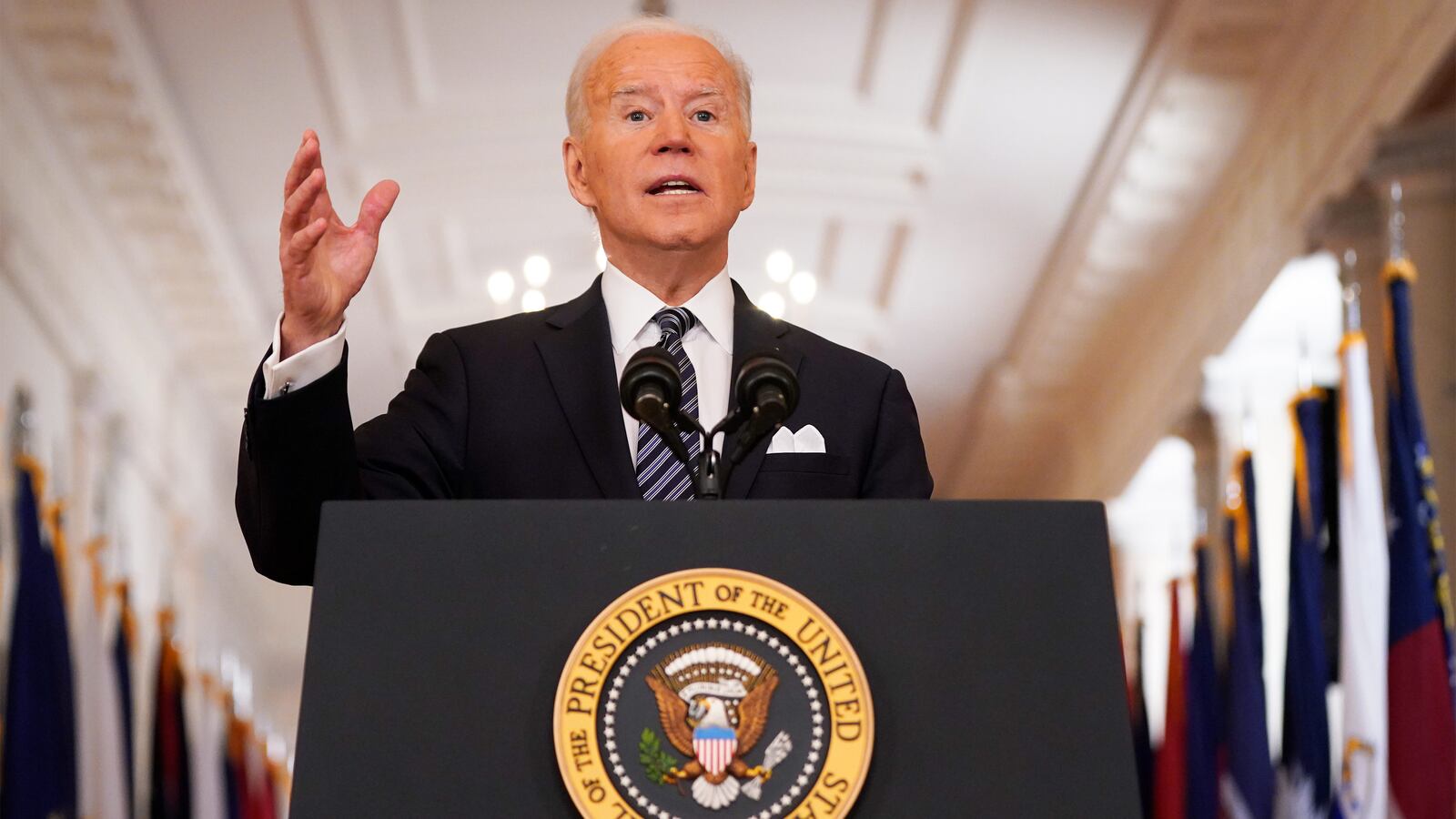“The nine most terrifying words in the English language are: ‘I'm from the government, and I'm here to help.’” With that famous line, uttered by Ronald Reagan on Aug. 12, 1986, during his second term as president, the GOP mantra for decades to come was born.
In fact, this philosophy later even found a home in the Democratic Party. President Bill Clinton in his 1996 State of the Union address declared that, “The era of big government is over,” explaining that, “We have worked to give the American people a smaller, less bureaucratic government in Washington.”
And during an October 2000 presidential debate between Al Gore and George W. Bush, pundits at the time noted that the two seemed to be competing for the title of “the candidate of smaller government.” Gore even bragged that his “reinventing government” campaign as vice president under Clinton had reduced the government to its smallest level in terms of jobs since 1960.
Those days are, thankfully, gone—at least for now. Even a good chunk of Republicans recognize that during this pandemic, the federal government offering to help is not “terrifying.” Rather, it can be a life-saver both in terms of health and finances.
In fact, moments after President Biden finished his national address Thursday marking one year since the virus was declared a pandemic, Trump-lovers Sean Hannity, Mike Huckabee, and others were whining that Biden did not thank Trump for launching “Operation Warp Speed” –the $18 billion federal government program designed to “accelerate the testing, supply, development, and distribution of safe and effective vaccine.” Even these staunch conservatives were implicitly admitting that this federal government program was effective at helping Americans.
Another body blow to Reagan’s philosophy that the government is inherently bad can be seen in the remarkable level of support for the massive COVID relief packages. Last March, when the $2.2 trillion CARES Act—the first relief bill—was signed by Trump, it was supported by 77 percent of Americans, including a whopping 76 percent of Republicans.
By December 2020, two-thirds of Americans believed the federal government had not done enough to “provide economic relief during the coronavirus pandemic,” including 46 percent of Republicans per a PBS/Marist poll. This was similar to the 70 percent support for Biden’s $1.9 trillion relief package that he signed into law Thursday that will provide direct stimulus checks, funds for schools to reopen, extended unemployment benefits, assistance to state and local governments, and more—with Texas receiving the second most state aid in the nation at $27 billion.
Yes, this is a unique time for our nation faced with a deadly pandemic that is still taking nearly 1,500 lives a day; as of last week more than 20 million Americans are still receiving some form of unemployment benefits. If it wasn’t for the pandemic, it’s unlikely we would’ve seen this level of broad support for large government spending and new programs—especially among Republicans.
But this is still the perfect time for Democrats to usher in more programs that help Americans on a range of issues from minimum wage to health care. In fact, both of these issues see broad support among voters. For example, a majority of Americans support raising the minimum wage to $15, and even 51 percent of Republicans support a minimum wage increase of some amount, just not to $15. On the issue of health care, 63 percent of Americans in a September Pew poll believe federal government is “responsible” to ensure all American have health coverage, up a bit from 59 percent in 2019.
The hard part is how to enact policies that are supported by a majority of Americans, even with Democrats in control of the House, Senate and White House? It’s not just the Senate filibuster standing in the way but also possibly the ghost of the last major government program enacted by Democrats, the ACA, which many viewed as a reason for the Democrats losing control of the House in the 2010 midterms.
In fact, in 2014, Chuck Schumer, then the third-ranking Democrat in the Senate, directly blamed the passage the ACA for hurting Democrats in the midterms, saying the party “blew the opportunity the American people gave them.” He added a line then that might still be in his thought process today: “After passing the stimulus, Democrats should have continued to propose middle class-oriented programs and built on the partial success of the stimulus.”
Of course, Schumer knows while the ACA was an albatross around the neck of Democrats in 2010 and 2014 midterms, protecting it was one of the primary reasons Democrats won the House in 2018. In fact, the ACA’s approval has risen from 38 percent in the mid 2010s to the mid-50s today. That very well could be seen as an indicator of how public opinion over the past decade or so has evolved, with Americans now seeing government as being helpful.
The Democrats in Congress know they have to deliver. As Rep. Pramila Jayapal (D-WA), chair of the Congressional Progressive Caucus, explained to me, if Democrats don’t deliver on issues like minimum wage, “people are going to stop trusting us.” Jayapal has vowed to push for a broad progressive agenda, and my hope is that Democrats take the wins where they can even if It means compromising, given the filibuster.
The pandemic has made it clear that Reagan’s philosophy of the federal government being inherently “terrifying” no longer resonates with most Americans. This is the time for the Democratic Party to boldly champion programs that make the case to our fellow Americans that the federal government can help them beyond just times of dire need—because it can.







